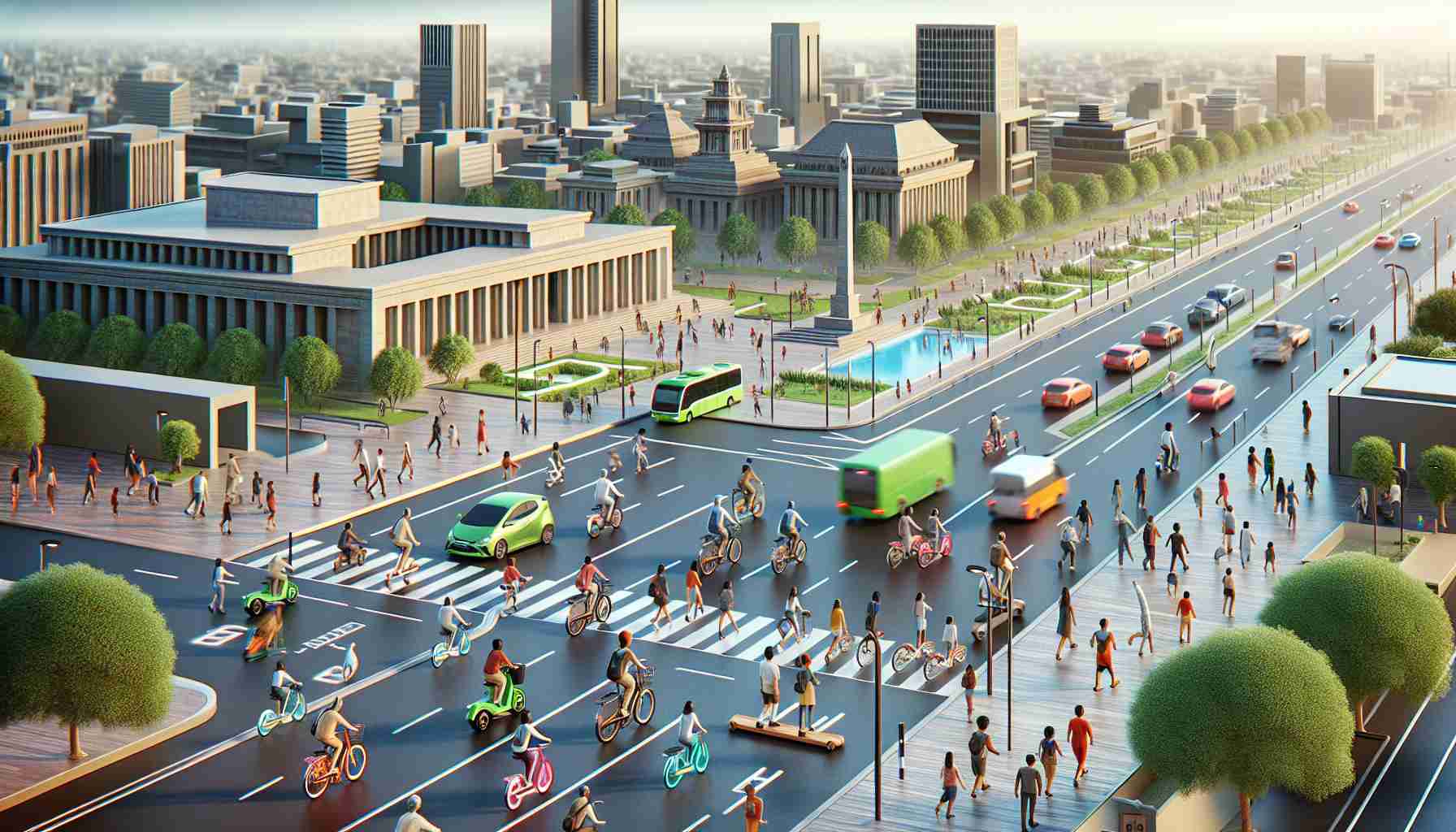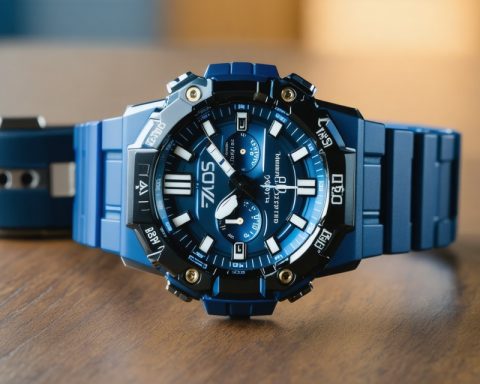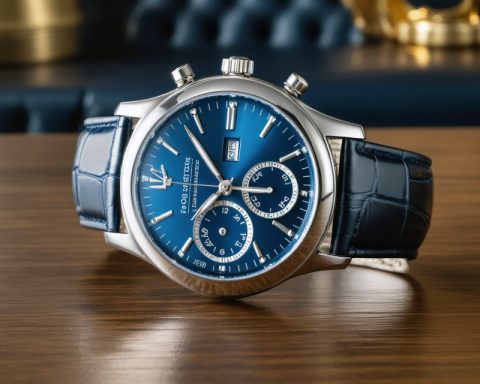Tempe, a city that embraces alternative transportation, is setting the standard for car-free living. With over 220 miles of biking and shared-use paths, Tempe is a haven for cyclists. It is home to Culdesac, the first car-free, mixed-use development in the United States, which offers more than 1,000 bike parking spots.
The city’s commitment to cycling is evident in its Gold-Level Bicycle Friendly Community designation by the League of American Bicyclists. This recognition acknowledges the support from City Council, Arizona State University, and organizations like the Tempe Bicycle Action Group, solidifying Tempe’s position as one of the nation’s leading bike communities.
Developers in Tempe are even scaling back parking spaces in new high-rise residential buildings, prioritizing biking as a primary mode of transportation. “We’re expecting nearly 72,000 more people here by the year 2050,” says Tempe Mayor Corey Woods. “We’ve got multimodal transportation, like light rail, the modern streetcar, and bikes, so you don’t necessarily have to have a car, especially as we build developments like Culdesac, the first car-free community built from scratch in the country.”
Culdesac, located just a 10-minute bike ride from the ASU campus, offers its residents a true car-free lifestyle. With a corner market, bike shop, restaurant, and a variety of small businesses, Culdesac focuses on creating a vibrant community without the need for cars. Instead of parking spaces, the development boasts a large dog park and pool, providing ample open spaces for residents to enjoy.
The presence of Lectric eBikes, the leading electric bike seller in the US, at Culdesac further underscores its status as a bike-friendly community. Tempe’s bike infrastructure has impressed Eli Conlow, co-founder and CEO of Lectric eBikes, who says, “Tempe has such a great bike infrastructure and it’s such a bikeable city now. You can really go and explore and do what you need to do without having to get into a car.”
Tempe’s dedication to building bike-friendly neighborhoods has fuelled Conlow’s excitement for the future. “It makes me more excited about what it looks like in five years from now,” he adds. With the success of Culdesac and Tempe’s ongoing investment in bike infrastructure, the city’s vision of a car-free future is within reach. Tempe is paving the way for other communities to prioritize cycling and embrace car-free living, creating a healthier and more sustainable future for all.
The car-free living movement in Tempe reflects a larger trend in the alternative transportation industry. As cities continue to grapple with issues such as traffic congestion, air pollution, and limited parking space, there is a growing demand for car-free or car-lite communities.
The market forecast for alternative transportation is promising, with a projected compound annual growth rate (CAGR) of 9% from 2021 to 2026. This growth is driven by factors such as increasing urbanization, rising environmental concerns, and a shift towards sustainable lifestyles. The market is expected to be worth $11.4 billion by 2026, with electric bicycles leading the way in terms of adoption and sales.
One of the key issues related to the alternative transportation industry is the need for improved infrastructure. Cities like Tempe have made significant investments in bike lanes, shared-use paths, and bike parking, but there is still work to be done. In order to encourage more people to embrace car-free living, cities need to ensure that their infrastructure is safe, convenient, and accessible to all residents.
Another challenge is the perception that car ownership is essential. Many individuals still view cars as a necessity, despite the availability of alternative transportation options. Overcoming this mindset requires a cultural shift and a change in the way people think about transportation. Initiatives like the Culdesac development in Tempe are helping to challenge this notion by demonstrating that a car-free lifestyle is not only possible, but also desirable.
To learn more about the alternative transportation industry and the benefits of car-free living, you can visit the following links:
– Bicycling: A leading publication covering all aspects of cycling, from bike reviews to commuting tips and advocacy.
– Electric Bike: A website dedicated to electric bicycles, providing information on the latest models, technology, and trends.
– League of American Bicyclists: The organization responsible for designating Bicycle Friendly Communities, providing resources and support for cycling advocates.
– Bike League: A platform that promotes cycling as a means of transportation, health, and recreation, offering tips, resources, and advocacy tools for cyclists.
By exploring these resources, you can gain a deeper understanding of the alternative transportation industry, market forecasts, and the issues and solutions related to car-free living.







